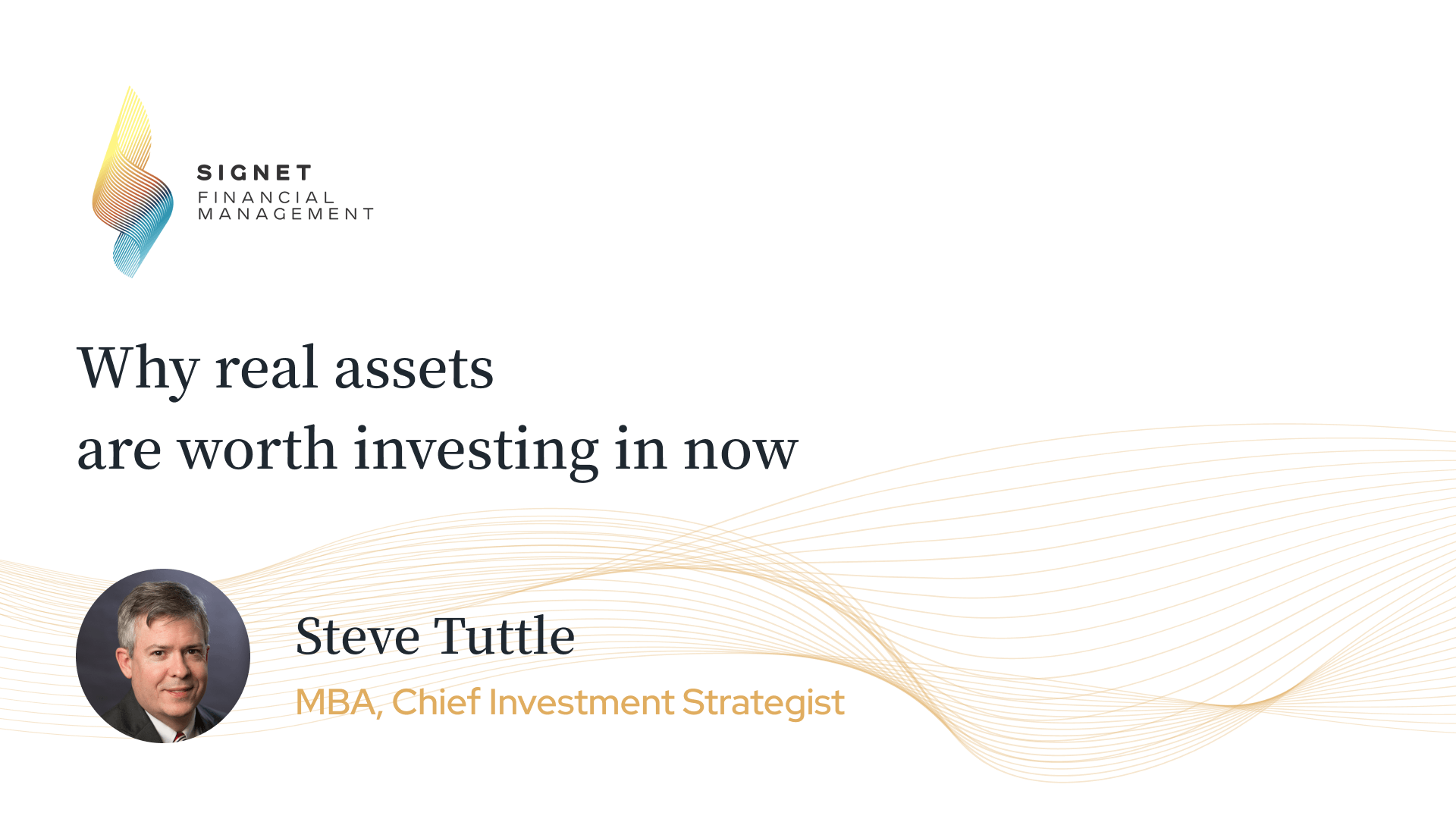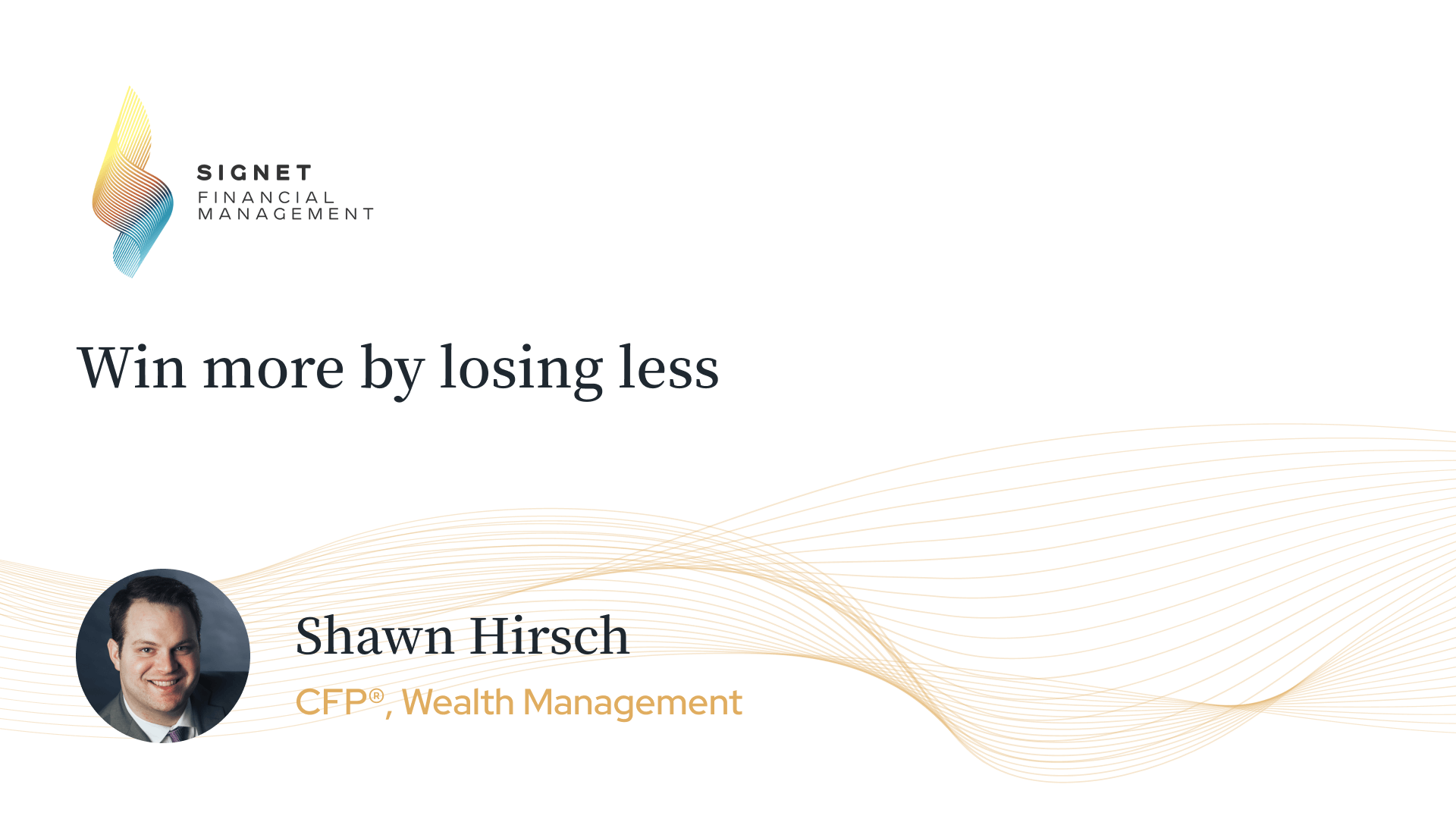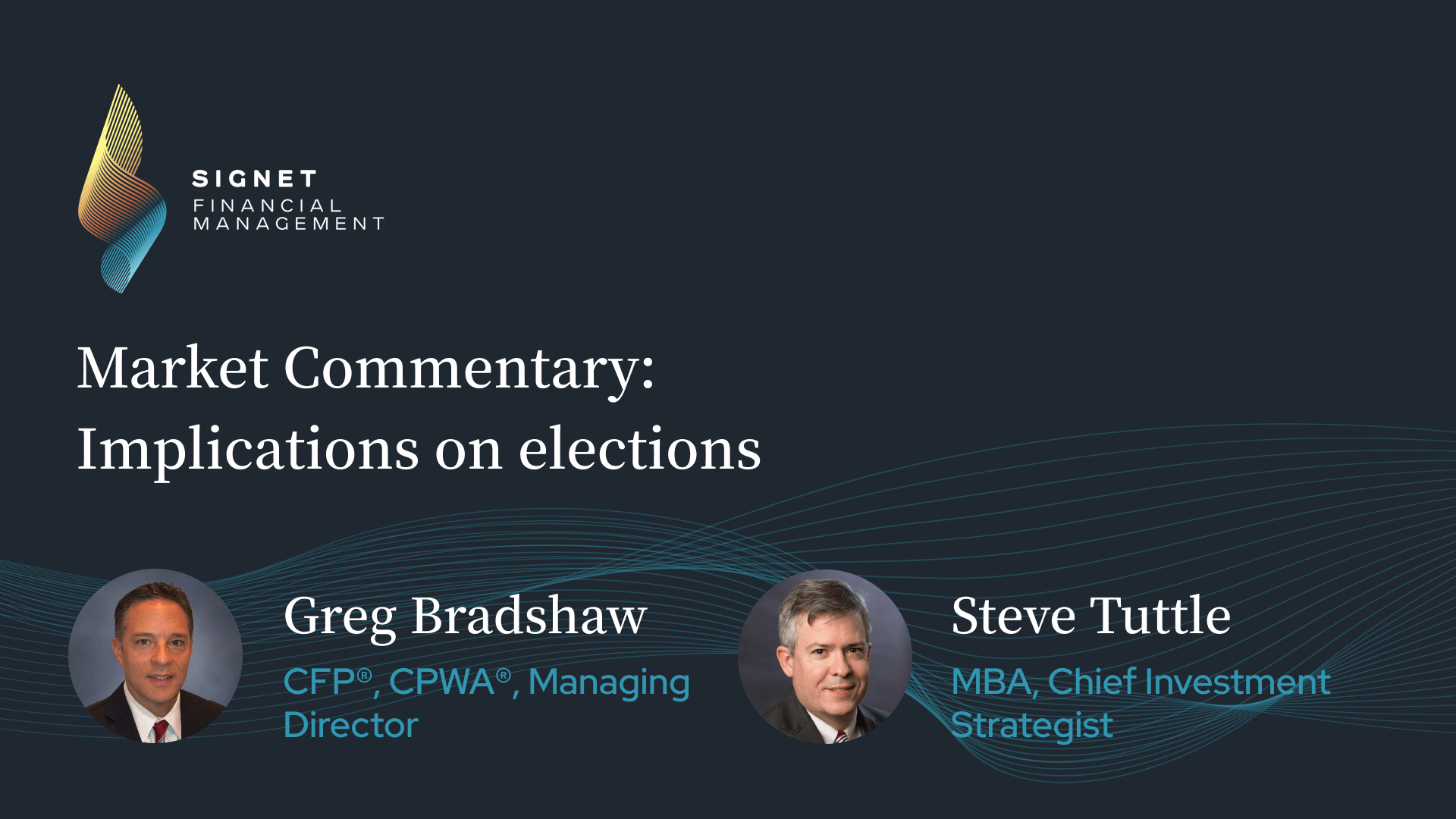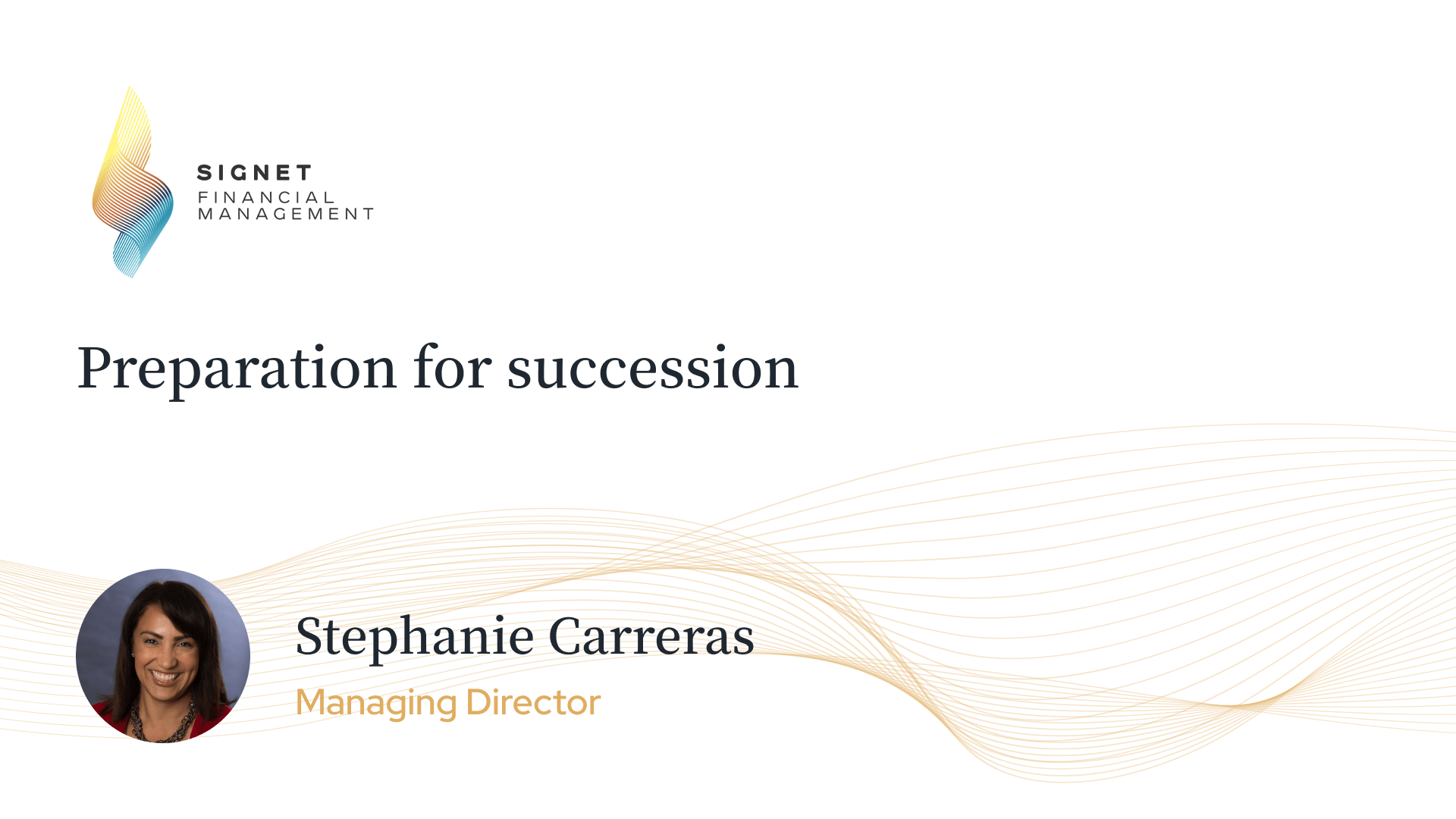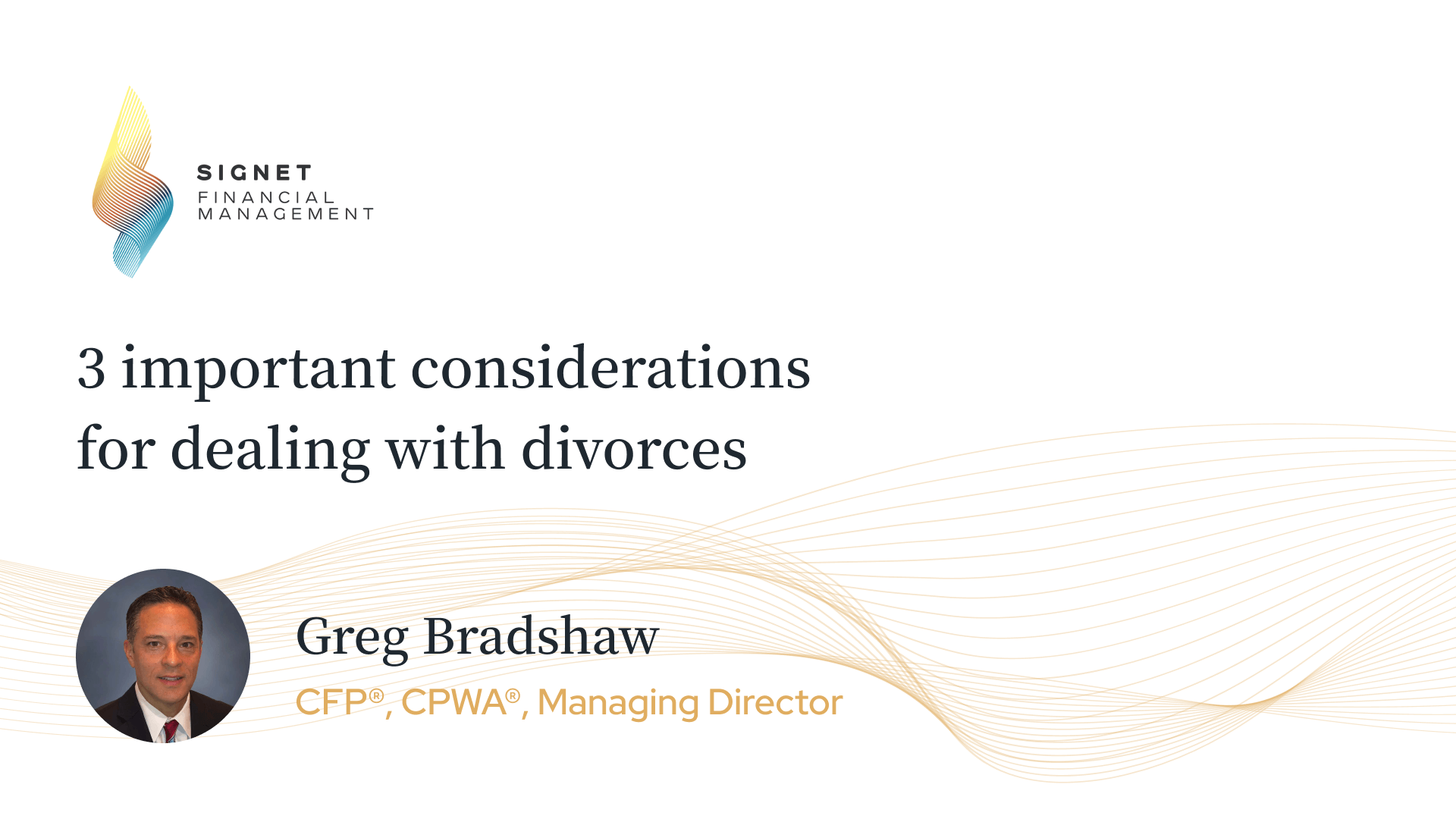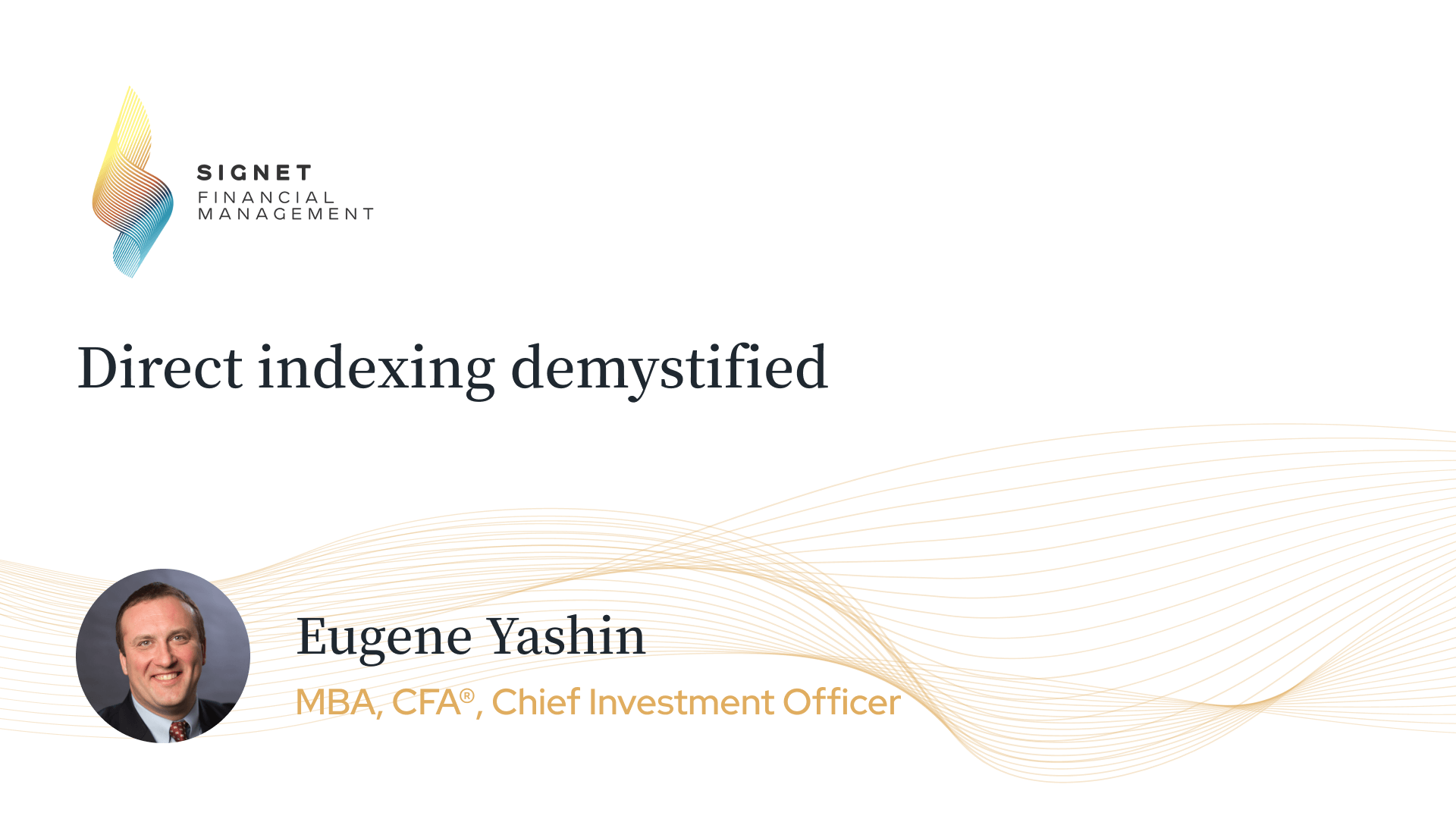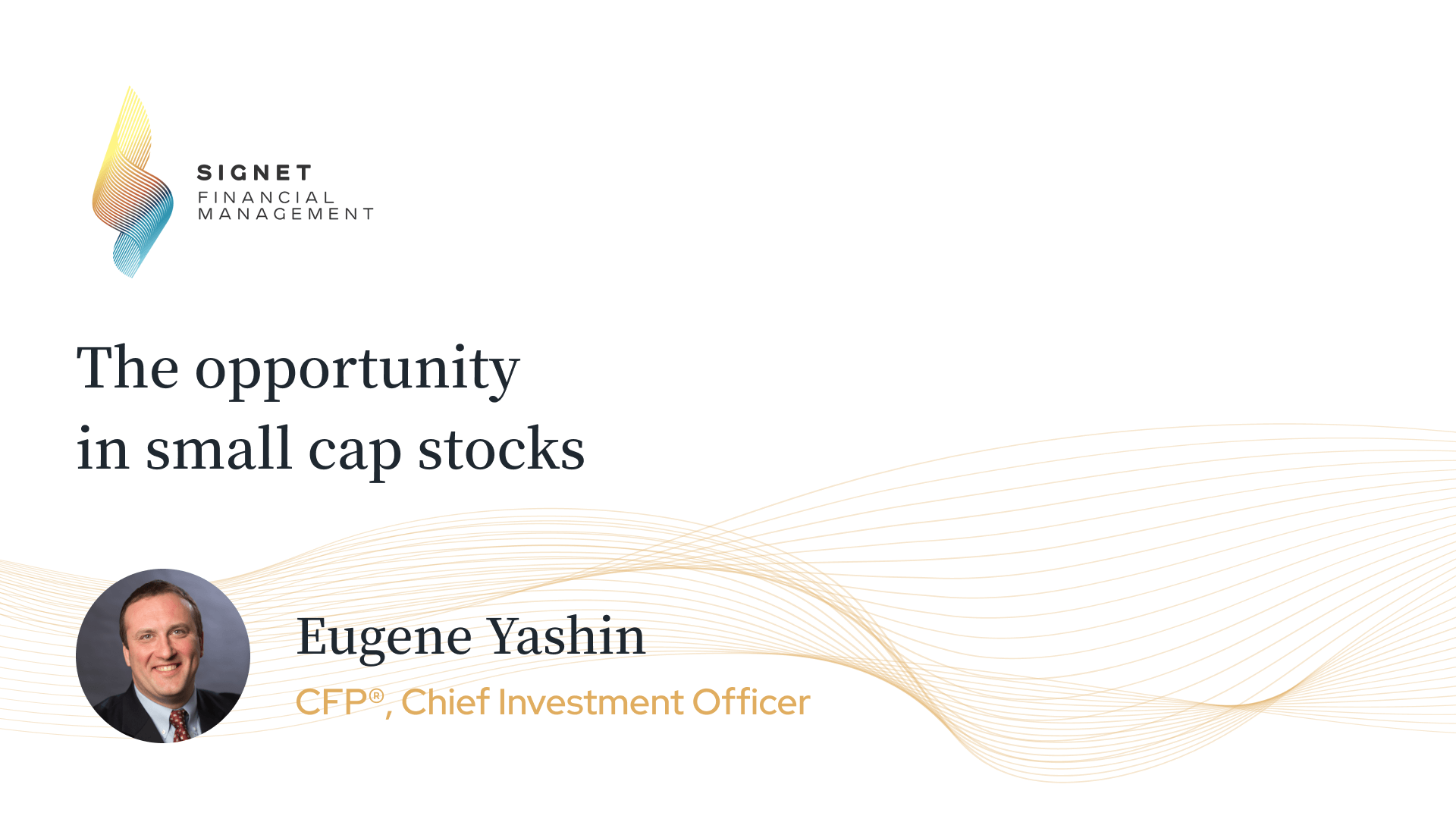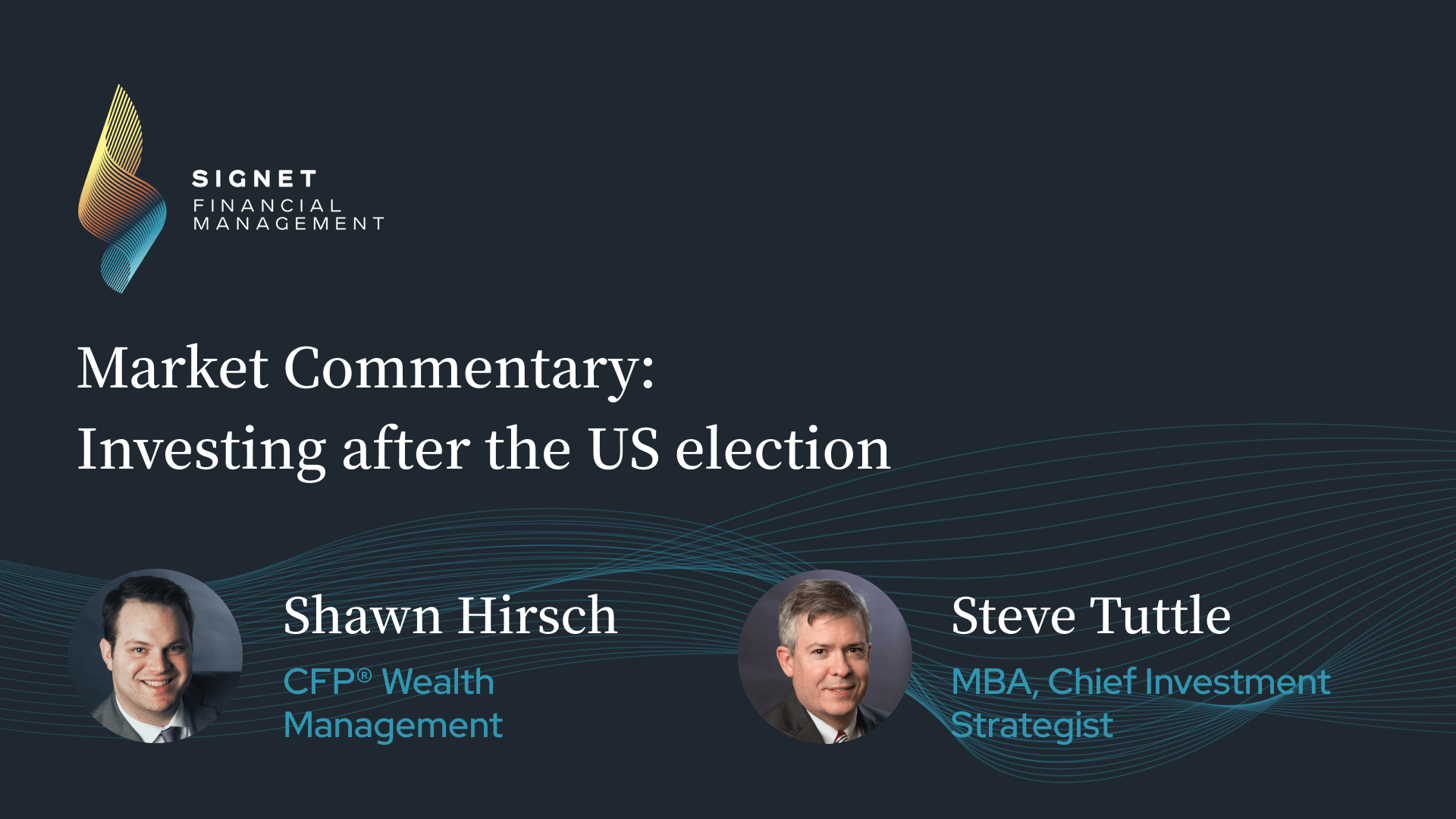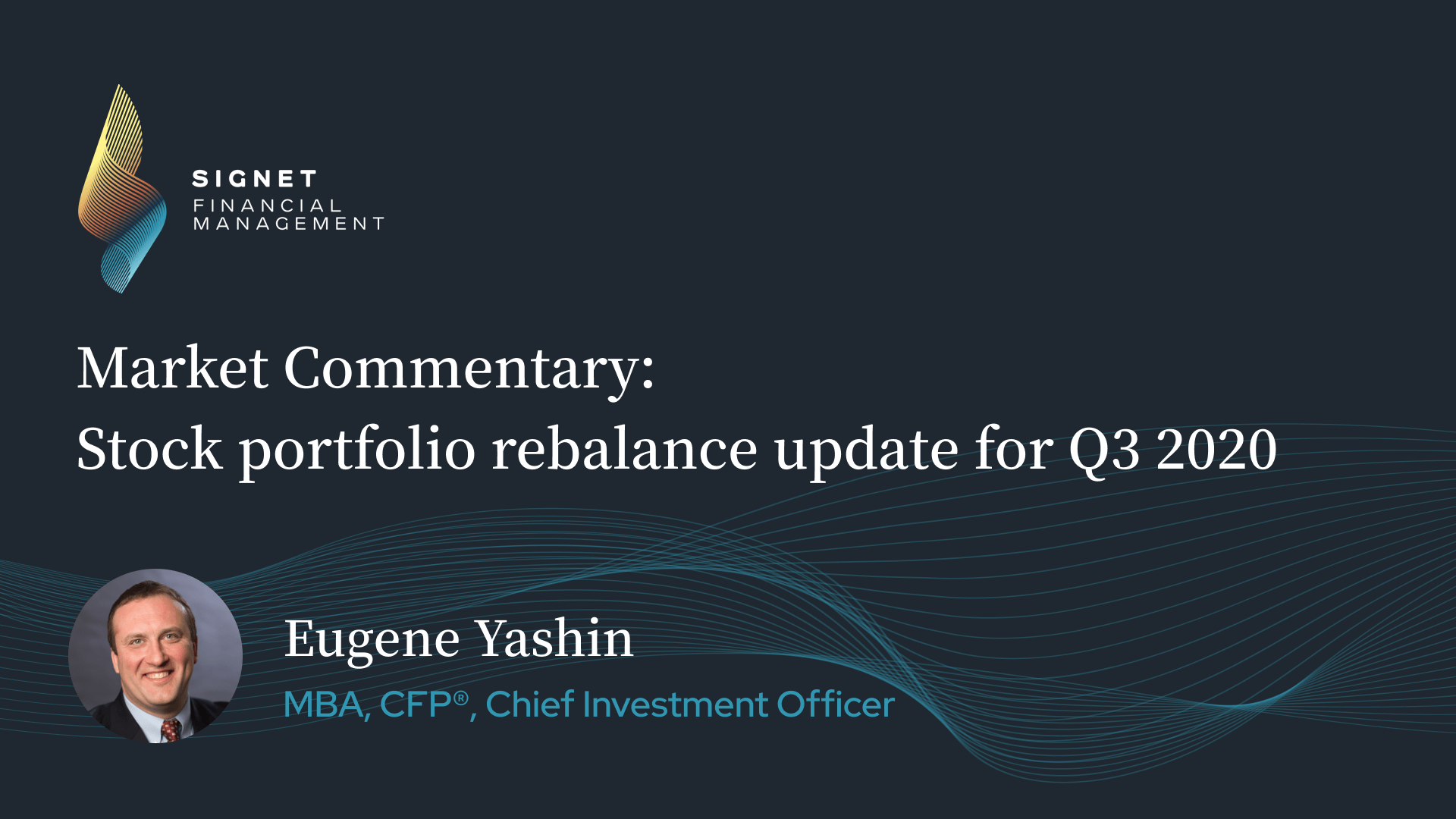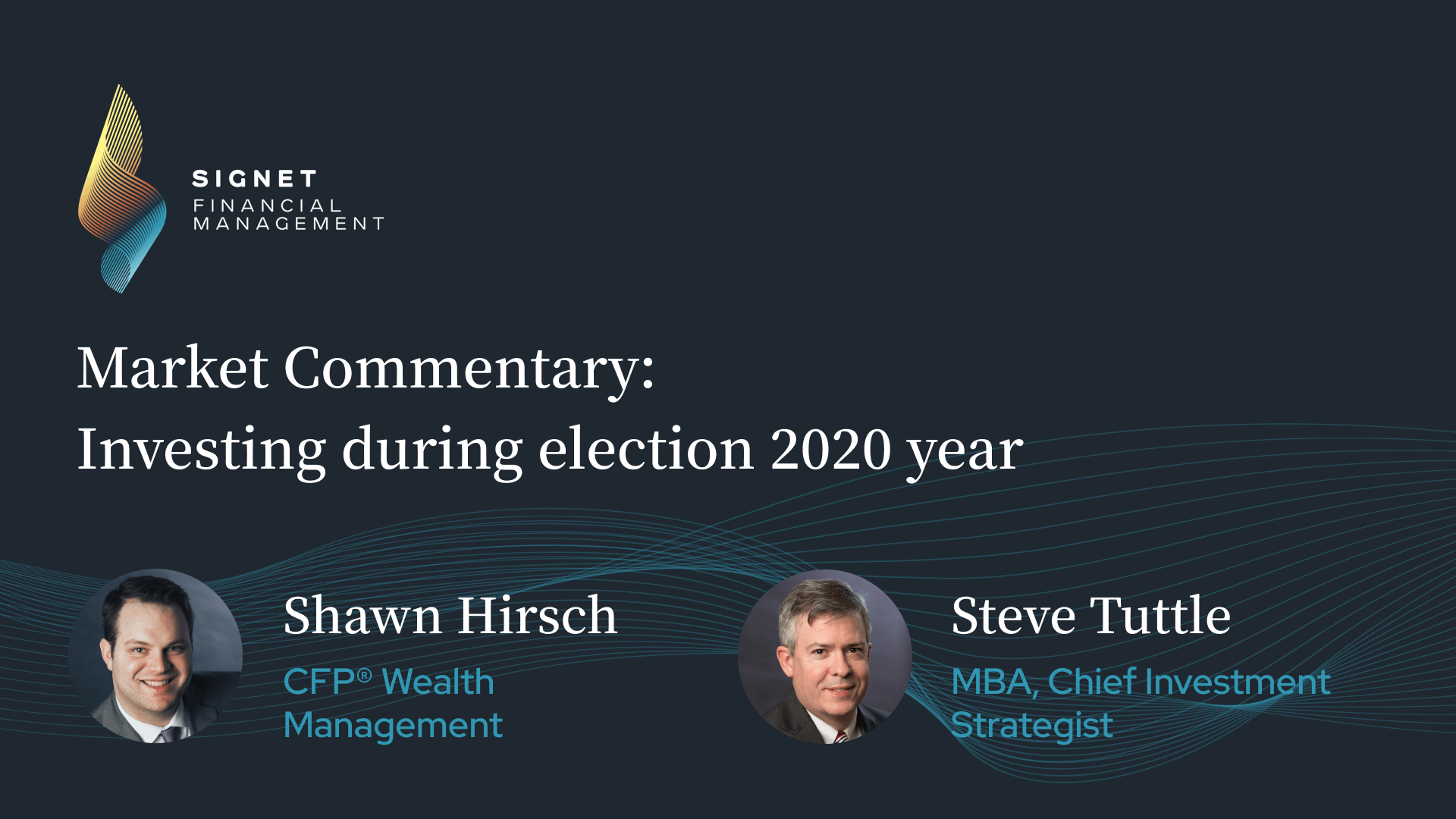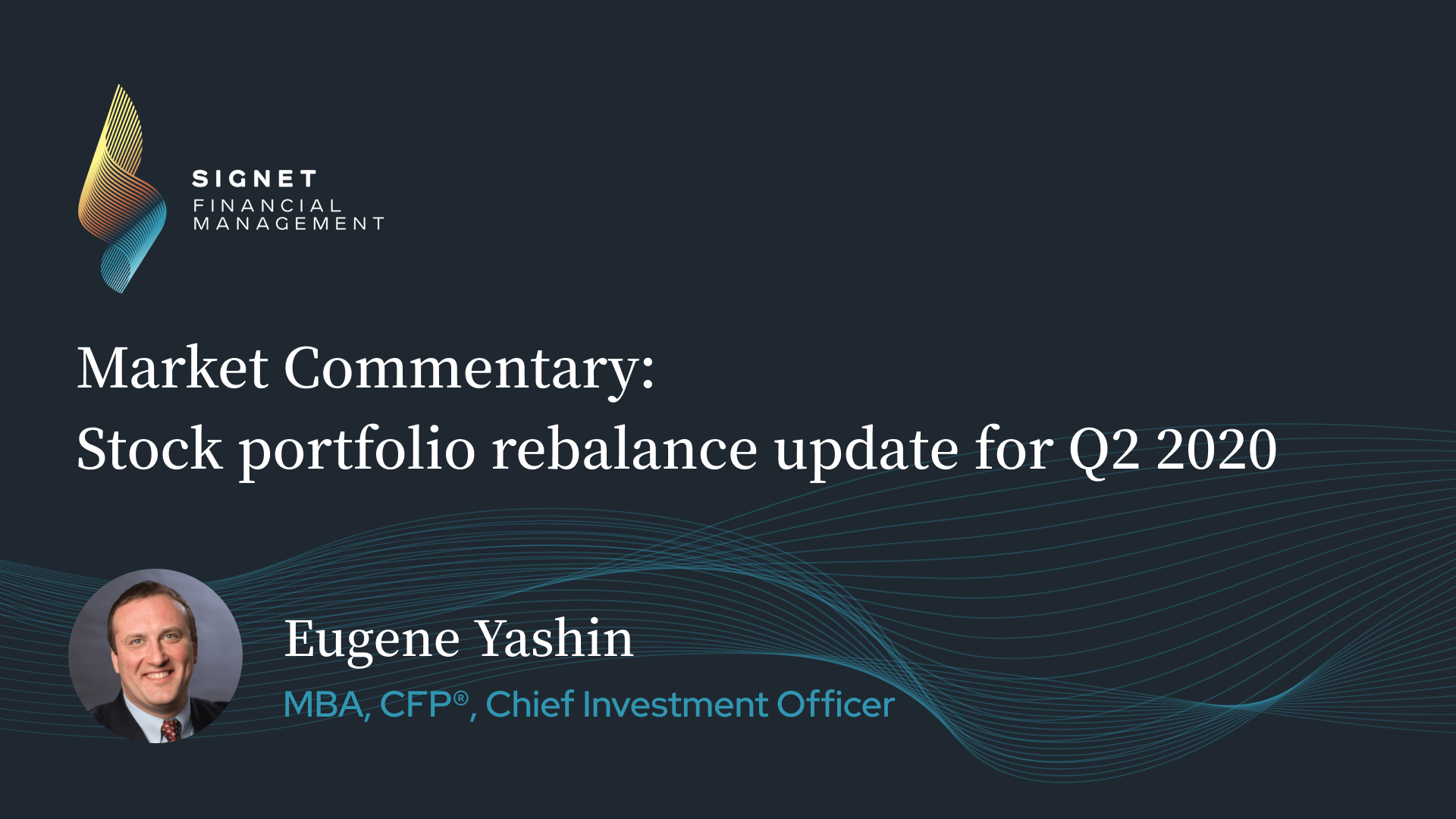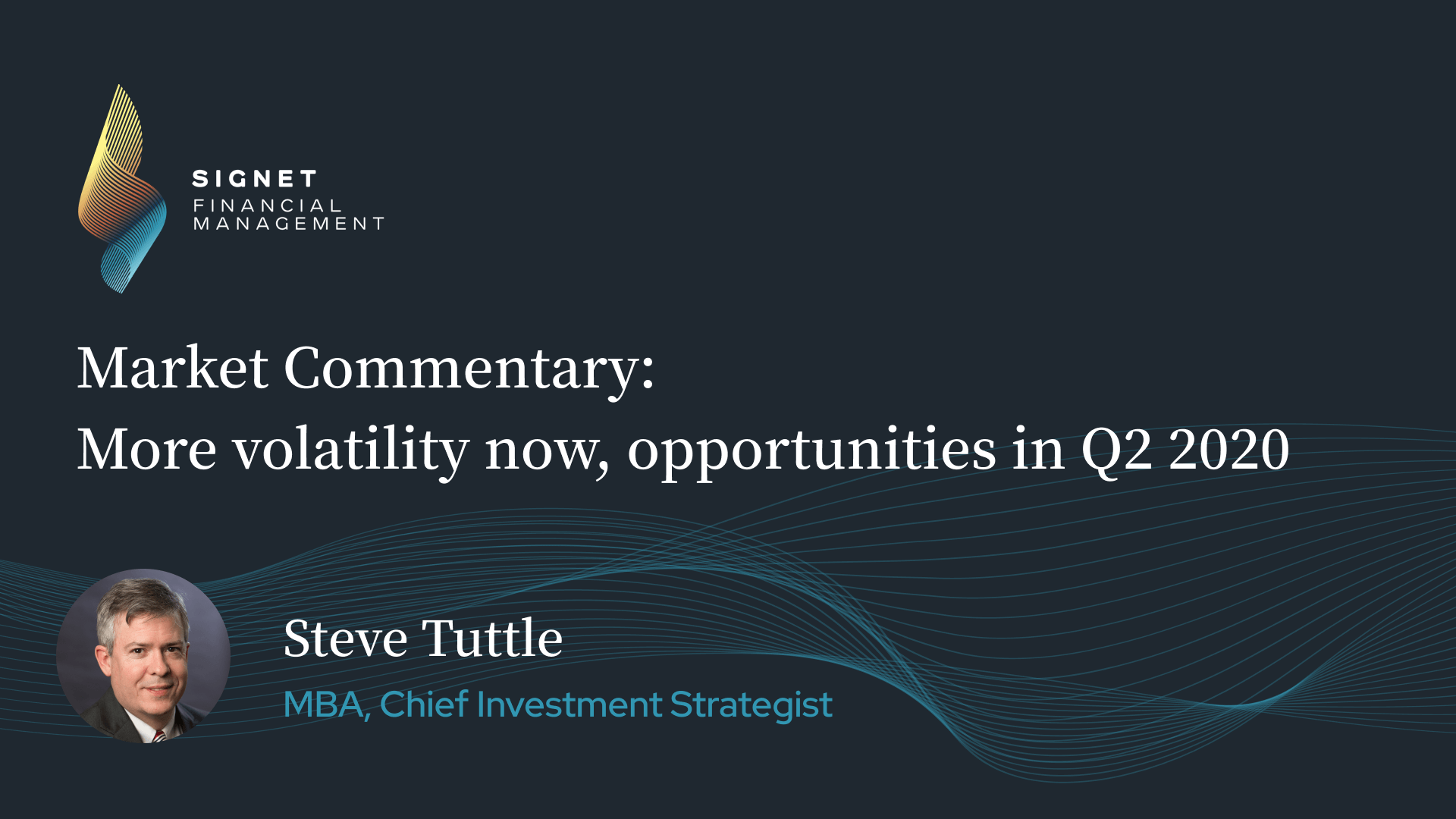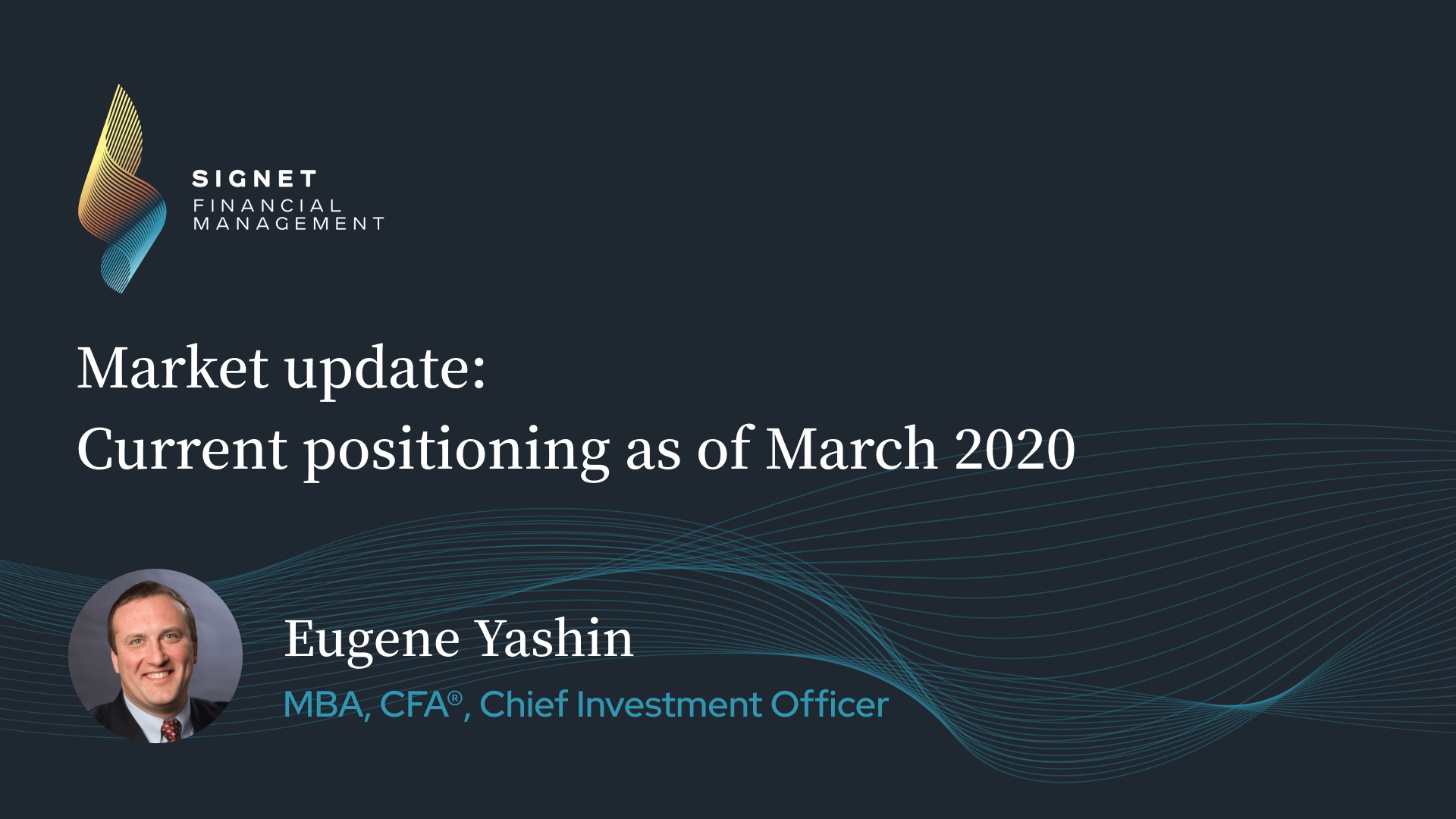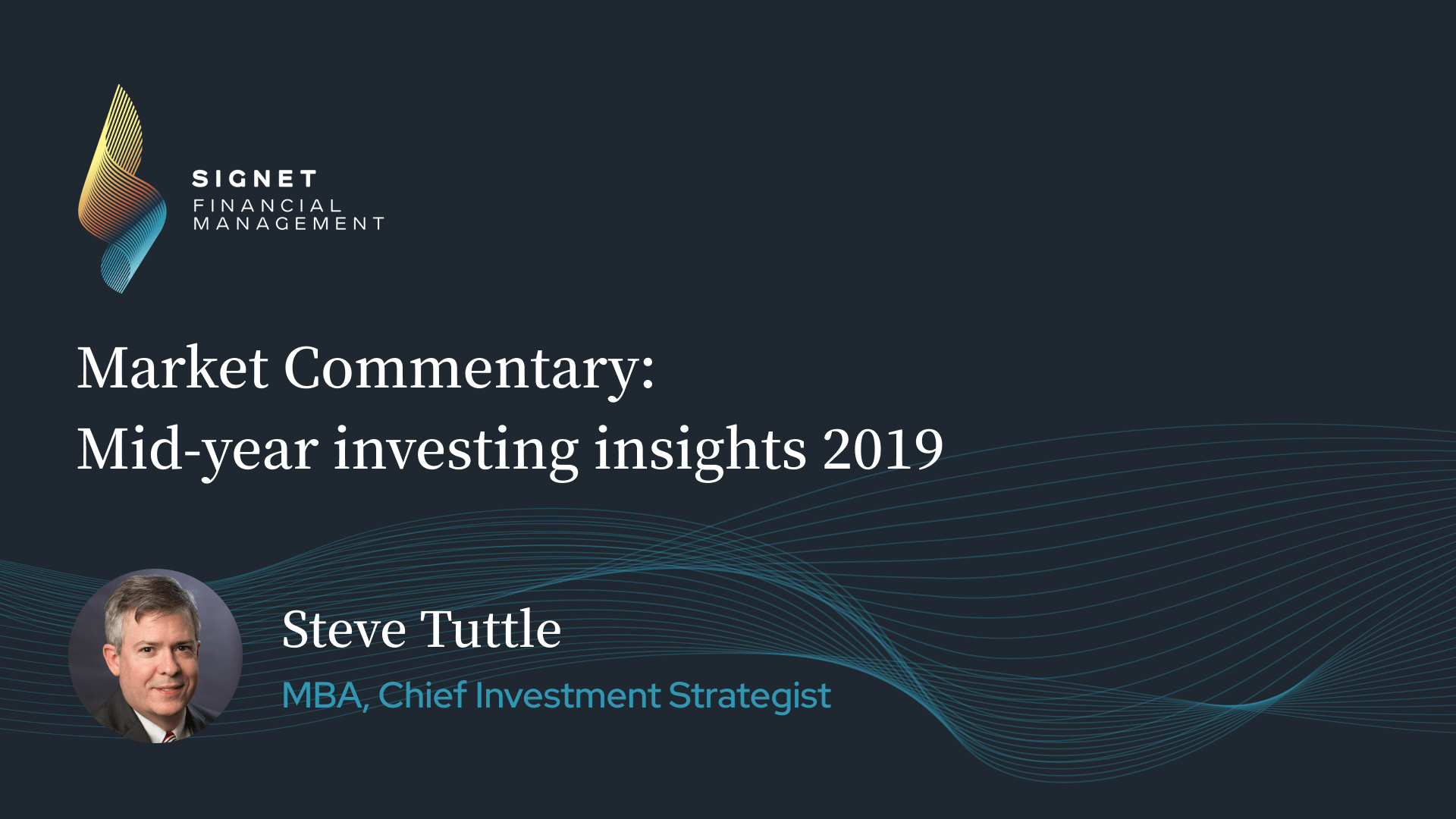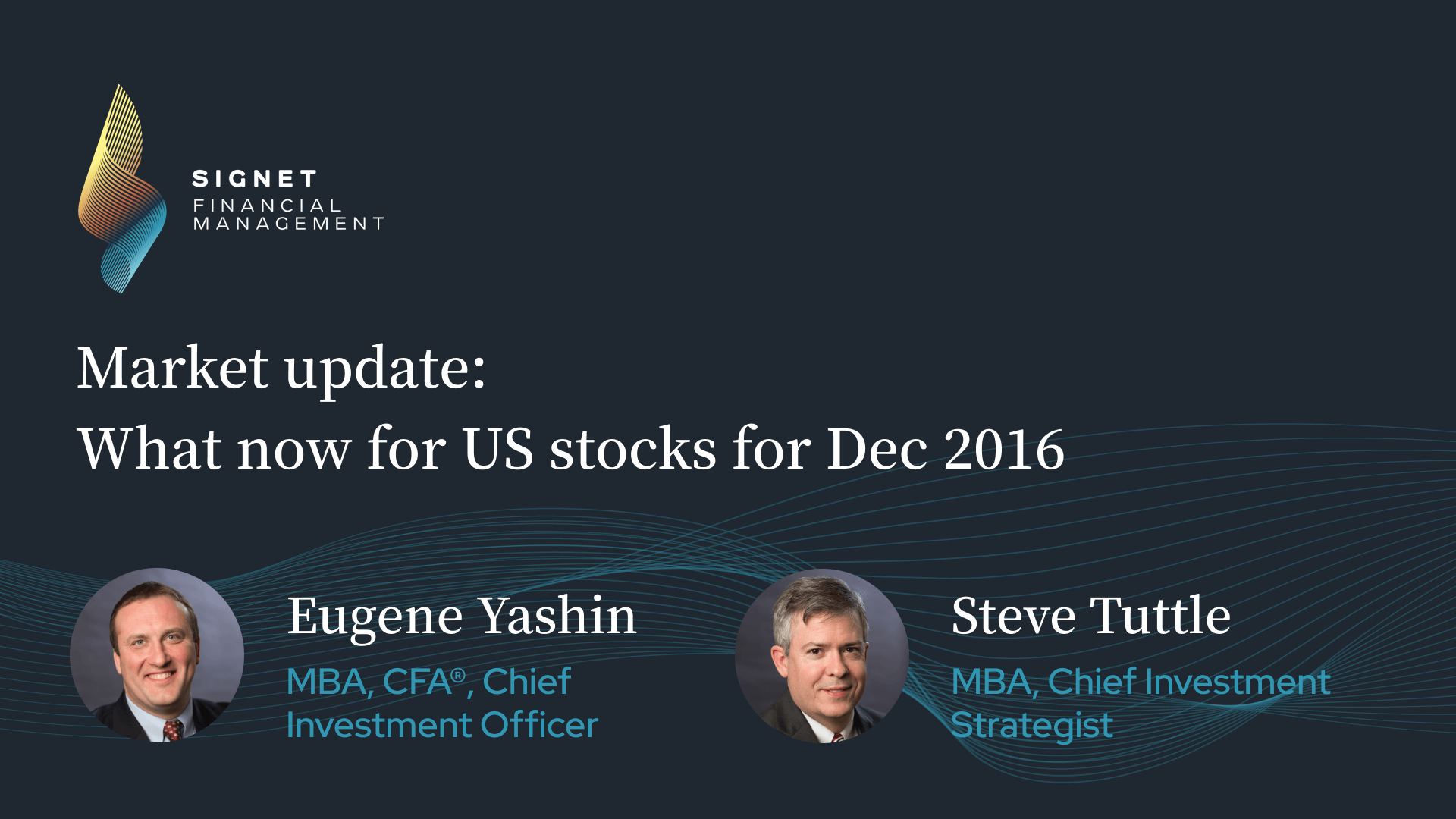Steve Tuttle shares insights into financial markets and how the current environment may impact investors. It paid to stay invested in 2019, lets now take a brief look at what the financial markets in 2020 has in store for us starting with Q1.
Recap of 2019 market highs
The environment of 2019 consisted of many different “red flags” but let us review what actually happened. First we saw negative yields, inverted yield curves, manufacturing contraction, earnings recession, and discussion of trade wars, Brexit and impeachment. However, even with the given concerns, we were able to witness 35 record highs, double-digit returns across most asset classes, below average volatility, and falling interest rates. This was definitely a rewarding year for various investors.
On a global market perspective, we saw strong performance in 2019 which offset losses from the previous year. Looking ahead, we want to analyze the scenario and identify how we can pull through potential regime changes and address the reasons for both pessimistic and optimistic cases for this year.
Starting with our base case in our current regime, we would like to see moderate growth, low inflation rates, and little interference from political uncertainty. Optimism that stems from upside risk is fueled by the accelerating growth and little inflationary pressure which we could see higher returns. There is also a pessimistic scenario which could slow growth, give rise to inflation and add contractions to credit.
In this webinar, we will focus on the base case scenario that looks to stable economic growth with about a 2-3% GDP growth expected, strength within consumers, lower inflation, and little interference from political noise and uncertainty.
Outlook on bonds and stocks
Bond investors greatly benefited from falling yields in 2019 but we believe that this won’t be likely in 2020. The federal reserve is on hold where there won’t be any expected interest rate cuts. Next with think that yields will likely remain low and stable. A higher yield often means higher risk. Other concerns include rising corporate leverage, however overall, we believe that bonds are still an effective tool for managing risk. They play an important role within your portfolio construction and diversification.
Stocks on the other hand, we favor equities for long-term investors. The key to growth from here are earnings, and valuation are getting stretched. Therefore, it will be harder for stocks to increase unless we see more growth in earnings. We also expect volatility due to trade-related headlines between US and China, and the election year.
Why not move to the sidelines
Does it seem like a good idea to sit in cash and wait for a pullback? Well, Signet infers that there will still be room for equities to appreciate because the current markets make a great case for a supportive fundamental environment. Moving to cash is not the greatest idea when we introduce the idea of negative-real returns sitting on cash, without hedging against inflation with stocks.
To conclude, Signet strongly believes in a positive environment with more modest returns from here. We will remain pro-risk in our asset allocation but with a balanced approach with risk management. We think it is important to have some safer assets to offset some of the more aggressive assets to achieve your goals. The motto will always remain patience and disciple are key to achieve your financial goals. Thank you for your time, trust and continuous support.
Signet Financial Management, LLC is a registered investment advisor with the U.S. Securities and Exchange Commission and serves as a fiduciary. Signet advisors will help you with:
- Financial planning
- Investment strategies
- Tax planning
- Retirement planning
- Insurance planning
- Estate planning
To protect and grow your wealth is our mission.
Need help with your investments? Please contact us, or info@signetfm.com to schedule a time to talk.
Want to learn more about financial markets? Stay tuned into our insights for articles, videos, and resources provided by our trusted professionals of Signet Financial Management.






